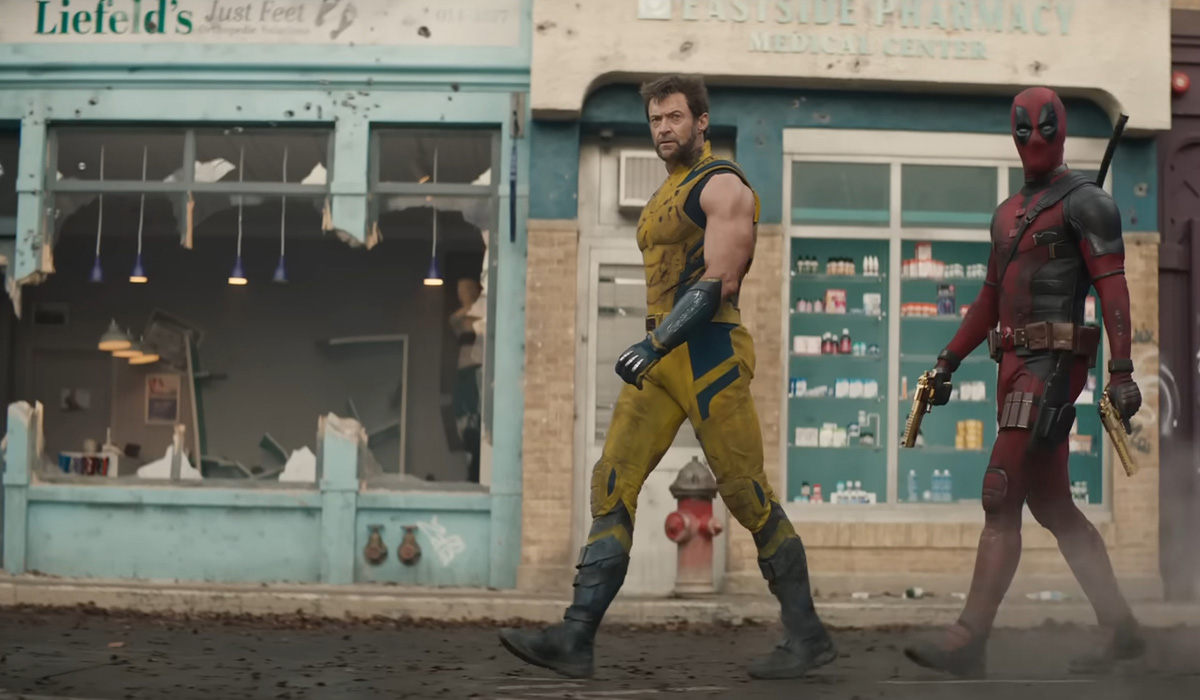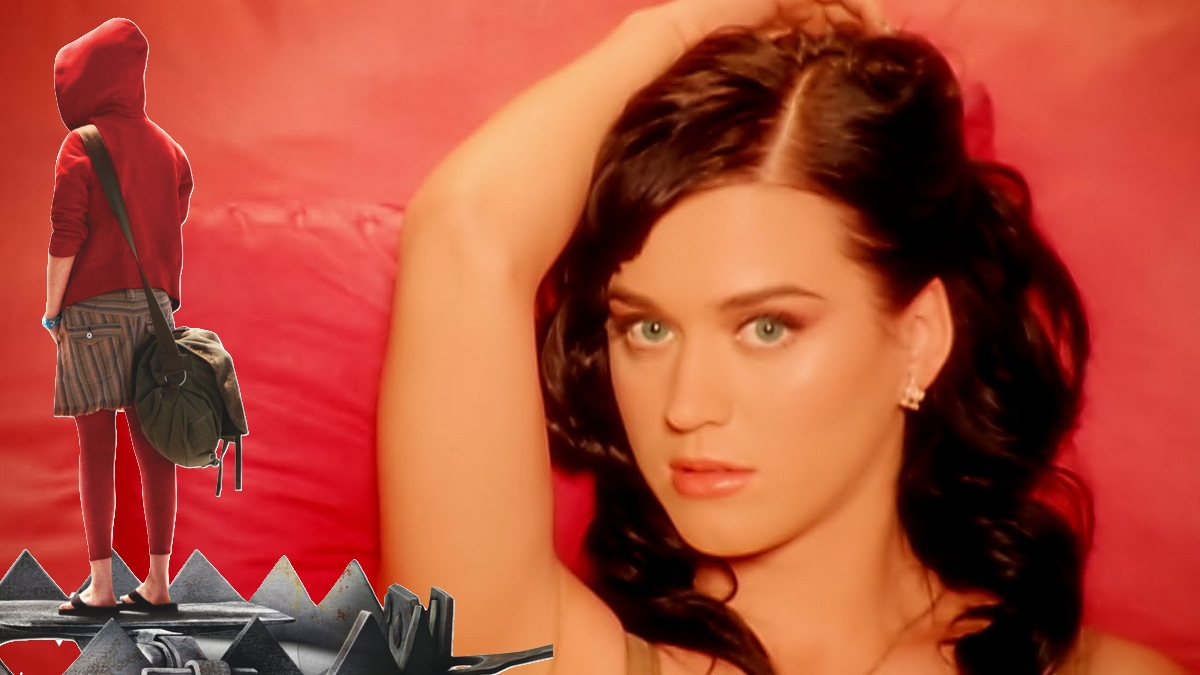
Three episodes were provided prior to broadcast.
Cameron Crowe’s Almost Famous is one of the recently down-on-his-luck director’s finest films, a beautiful and touching tribute to the passion and power of rock ‘n’ roll. Its characters hum with urgency and life; its screenplay is a rawly funny, exuberantly upbeat exploration of idols and idealism, and the ways in which we can find hope in a world often intent on suffocating it. The same subject matter, especially that regarding the relationships between people whose admiration for music and lyrics has been channeled into a fully immersive profession, is on display in Crowe’s new Showtime series, Roadies, even if the show (in its early episodes) never comes close to matching the sheer potency and emotion of something as fully formed as Almost Famous.
Instead, the long-in-the-works project unfurls as an overly saccharine, if well-meaning peek behind the curtain of a music tour, focusing on the individuals who run around in shadow putting a show together much more than the performers at its center, but doing so with far too much grovelling reverence and not enough true insight to generate intrigue. Almost Famous soared on its sweetness but only because that tone was being used in service of strong characters and a sturdy narrative. Here, Crowe is very clearly more interested in spirit than story, to his series’ detriment (though the irony of the director, coming off a losing streak, using an aging rock band in search of rejuvenation as his hook won’t go over anyone’s heads).
Another significant knock against Roadies comes in the form of main characters who veer from grating caricature to thinly sketched outline. The managers and crew running around to prep stage after stage for the fictional Staton-House Band are an eclectic bunch, but their zaniness feels feigned, from their broad, “clear-eyes-full-hearts-can’t-lose” grins to their inner tensions and turmoils. There’s Bill (Luke Wilson), the easygoing tour manager who’s growing too old too fast to hold his motley crew together – and whose workaholic tendencies are matched only by his philandering. Shelli (Carla Gugino) is his steadier right hand, but she’s also burdened by the effort of keeping a marriage to another roadie on a separate tour intact. That Bill and Shelli are destined for one another, yet too steeped in their workplace relationship to ever see it, is a generally acknowledged reality of everyone’s life on the road.

And of course, there are other potholes in the roadies’ path besides Bill and Shelli’s personal struggles. The arrival of a smarmy financial advisor (Rafe Spall), who wants to trim the fat and cut corners in the name of saving a little cash, spells trouble for the more free-wheeling crew members. Passionate but somewhat selfish crew member Kelly Ann (Imogen Poots) is in the process of jumping ship to go to film school – if she can kick her addiction to the rush of road life. And then there are quirkier obstacles, like a stalker with a microphone fetish and a music critic whose dismissive, over-the-top sneer gives bloggers everywhere a bad name.
But all in all, the central conflicts in Roadies‘ world seem like minor bumps, all incapable of breaking the feel-good, dysfunctional-family bond that holds everyone in the Staton-House Band’s employment together. For an hourlong show, Crowe’s latest feels surprisingly like a sitcom – albeit one that brings out the sex and drugs component of sex, drugs, and rock ‘n’ roll in force, from the very opening scene onwards.
In the first three episodes, Crowe occasionally brandishes his trademark verbal wit, particularly when it comes to Bill’s hangdog comments on the grander realities of his line of work. But Roadies stretches for profundity more often that not, and it’s nakedly obvious when the show is straining. Such effort – in terms of grating characters, pretentious dialogue, and phony plotting, and sometimes all three at once – knee-caps the authenticity that Crowe manages to build in two other key departments: visually, with a sufficient sense of organized chaos as the roadies earn their keep putting together each stage; and sonically, with carefully and cleverly selected acts like the Head and the Heart and Reignwolf coming in to open for the Staton-House Band, and each doing much to convey the kind of magic of performance that Crowe attempts to capture, with varying degrees of success, across the whole series.
Roadies could level out as it continues through its first season, learning to balance its more mawkish, sentimental aspects with its clear dedication to music as art and the people who work to preserve its purity. But in its current state, the show is a lumpy, bumpy ride, one that will wholly appeal to those who rever Crowe’s most cloying works but only intermittently cast a spell over everyone else.






